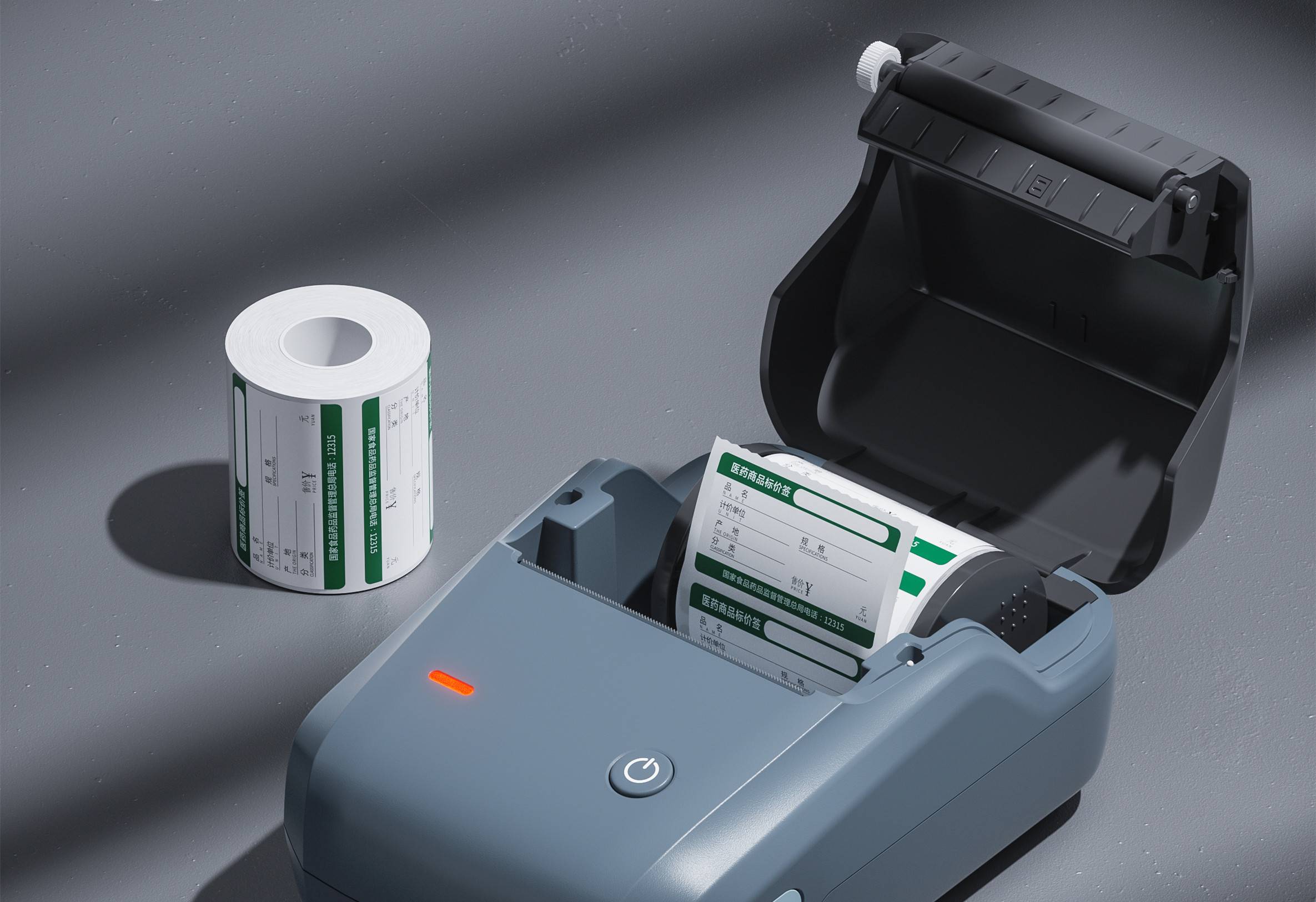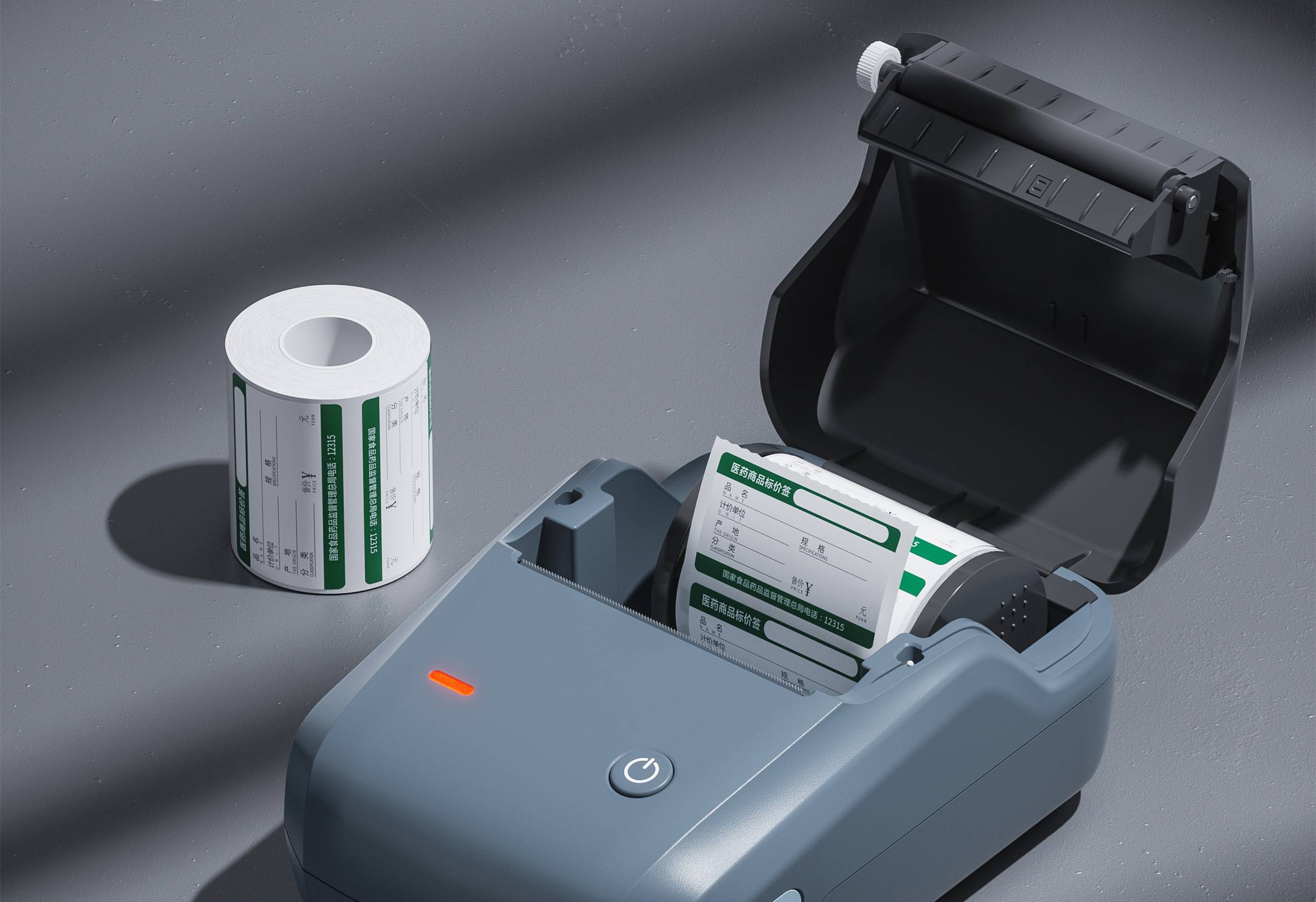In today's globalized world, member countries of the Gulf Cooperation Council (GCC) have become important targets for many businesses to expand their international business due to their prosperous economies and vast markets. However, entering these countries' markets is not an easy task, as GCC member countries have implemented a mandatory certification system - GCC certification.
Definition and Member States of GCC Certification
GCC certification is a mandatory certification system jointly developed and implemented by the member states of the Gulf Cooperation Council (GCC). GCC member countries include Saudi Arabia, Kuwait, United Arab Emirates, Qatar, Oman, Bahrain, and Yemen. The GCC certification certificate is a necessary document for products to enter the markets of these member countries. Products that have not obtained certification will not be able to pass customs and be sold smoothly.
Scope and Requirements of Certification
GCC certification mainly targets regulated product categories, covering thirteen types of electronic and electrical products, such as toys, household appliances, lighting fixtures, information technology equipment, etc. Before entering the GCC market, these products must obtain the GCC certification certificate and have the GCC logo affixed to the product. The purpose of certification is to ensure that the product meets the technical requirements and safety standards of GCC member countries in terms of design, manufacturing, and performance.
Manufacturers need to provide detailed product information, samples, and certification application forms when applying for GCC certification. In addition, the product also needs to be audited and tested by a certification body accredited by the Gulf Standardization Organization (GSO). The testing content usually includes safety regulations (safety performance) and EMC (electromagnetic compatibility) testing to ensure that the product will not cause harm to consumers or the environment during use.
The process of GCC certification can be divided into the following steps:
Product information preparation: Manufacturers need to prepare detailed technical information about the product, including product manuals, circuit diagrams, material lists, etc. These materials will be used by the certification body for preliminary review of the product.
Sample submission: Manufacturers need to provide a certain number of product samples for certification agencies to test. The sample should be consistent with the actual produced product to ensure the accuracy of the test results.
Certification application: Fill out and submit the GCC certification application form, which should include product information, manufacturer information, and certification scope.
Review and Testing: The certification body reviews and tests the submitted product information and samples. The testing content includes product safety performance, electromagnetic compatibility, etc., to ensure that the product complies with GCC technical standards.
Registration: After passing the test, the product will be registered in the database of the Gulf Standardization Organization (GSO) to obtain a unique certification number.
Certificate issuance and labeling: The certification body issues the GCC certification certificate and provides the GCC logo. Manufacturers need to affix the GCC logo on their products to prove that they have been certified.
For companies looking to expand into the GCC market, it is crucial to understand and master the relevant knowledge of GCC certification. This is not only a requirement for market access, but also a powerful proof of the company's brand and product quality. If you want to learn more about GCC certification or have products that require GCC certification, please feel free to contact our company at any time!

Label printers entering the Brazilian market, ANATEL certification is an essential passport! It is the recognition of the Brazilian Telecommunications Authority for the safety and compliance of electronic products, without which products cannot be legally sold.

SRRC certification is not only a guarantee of product compliance, but also a key to opening up the market.

FCC ID certification is a mandatory certification for electronic products by the Federal Communications Commission (FCC) in the United States, and it is essential for label printers to obtain this certification.
GCC certification is a mandatory certification system jointly developed and implemented by the member states of the Gulf Cooperation Council (GCC). GCC member countries include Saudi Arabia, Kuwait, United Arab Emirates, Qatar, Oman, Bahrain, and Yemen.
Get a quote